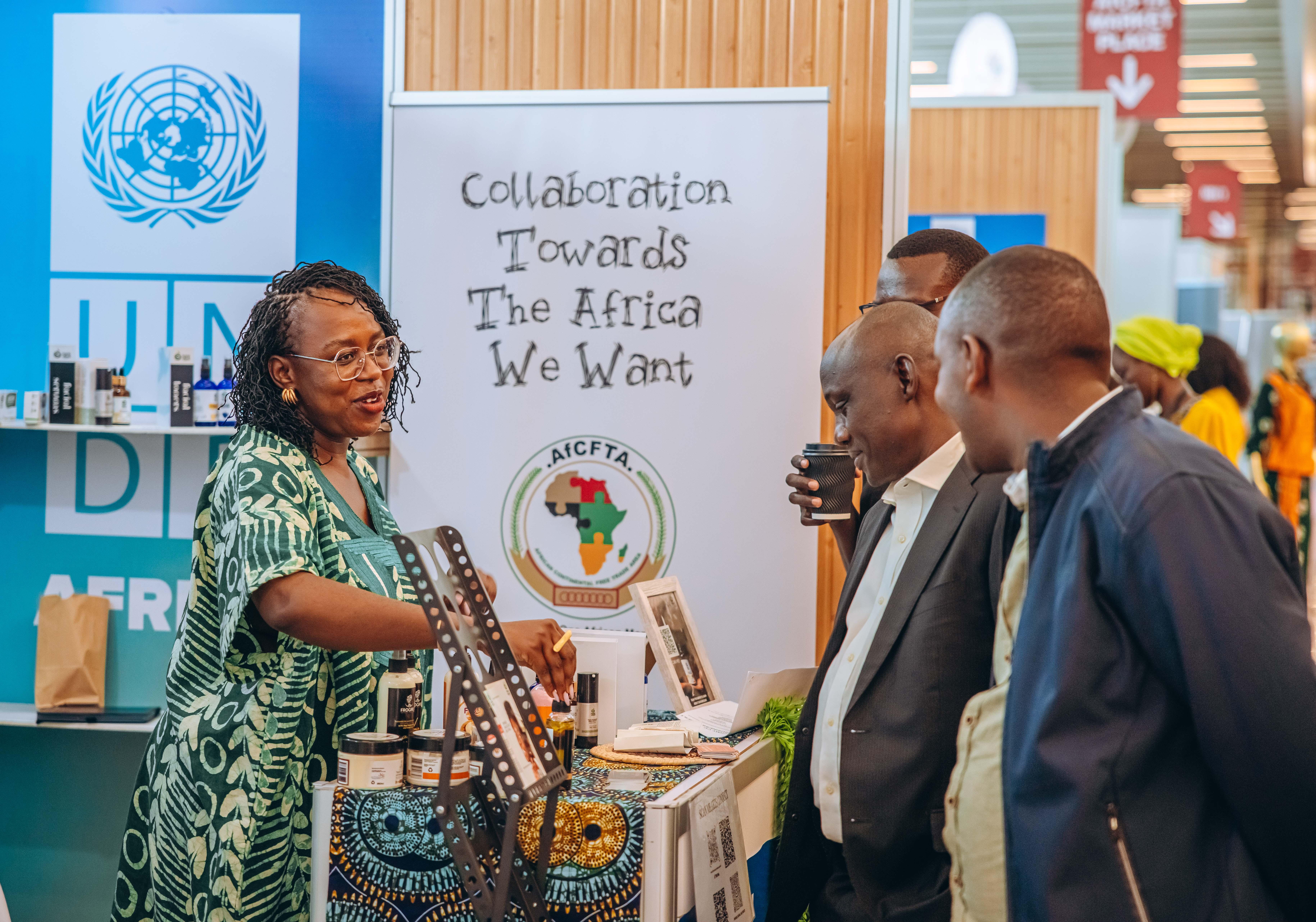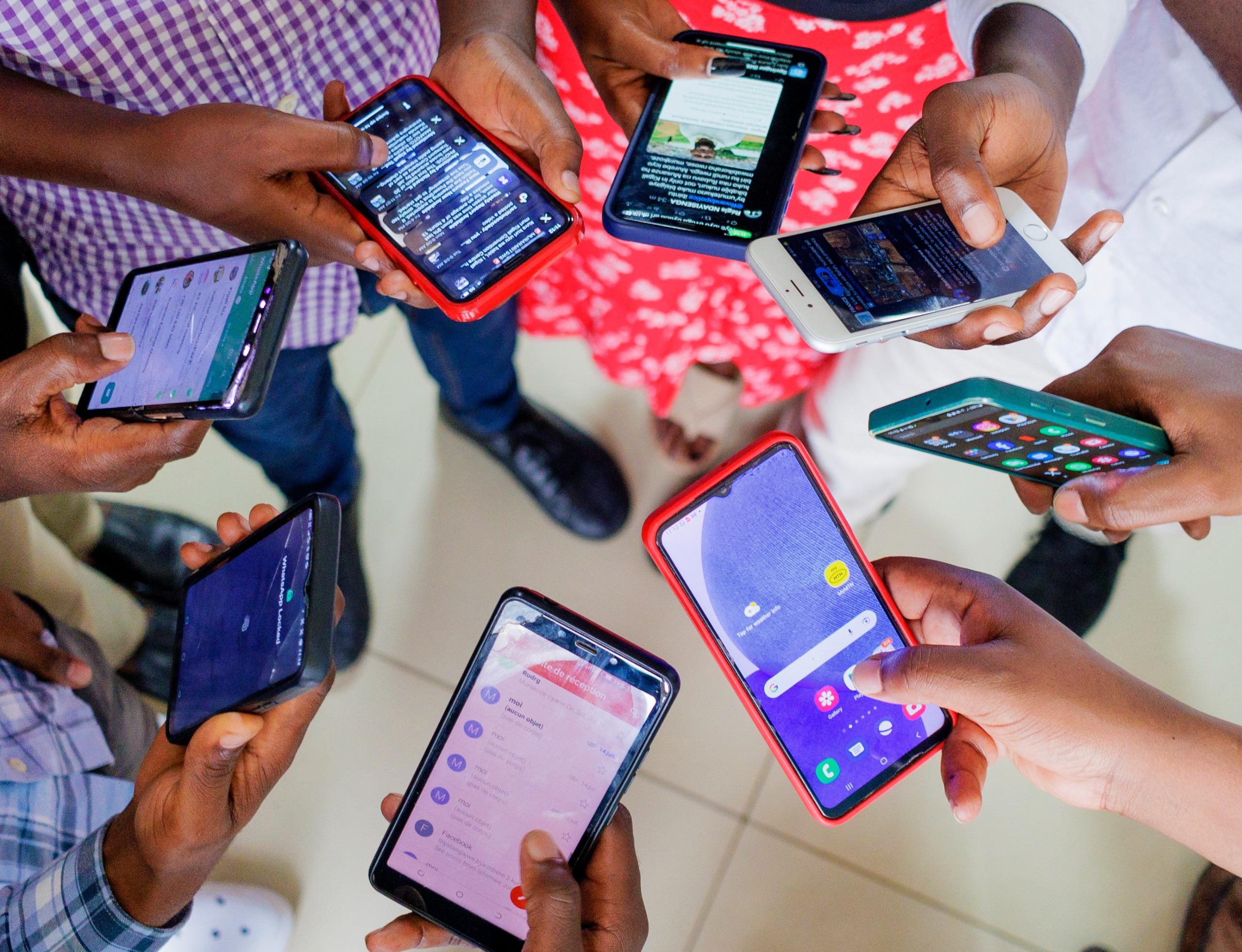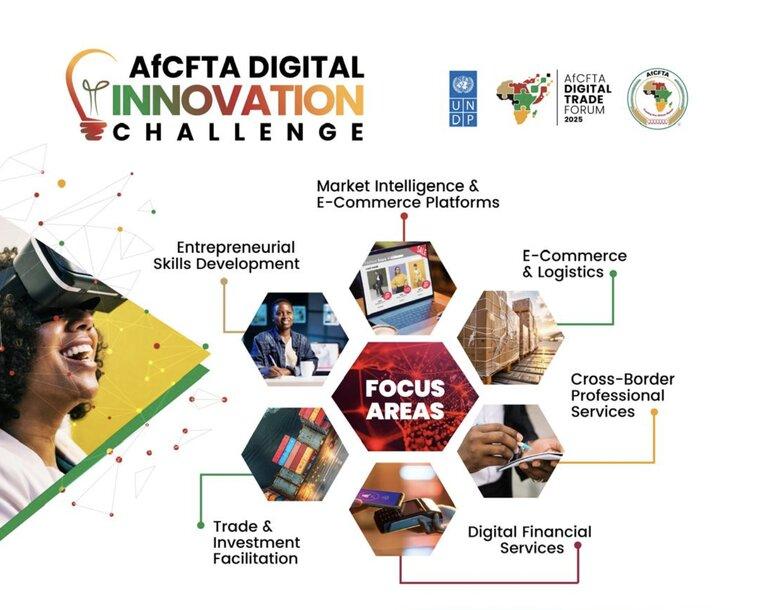A Personal Reflection on Opportunity and Change
Growing up in Lagos, Nigeria, I often heard the phrase, “Africa is the future.” It was an inspiring sentiment, but it usually felt more like hope than fact. In 2025, however, I’m finally beginning to see that future take shape primarily through the lens of the African Continental Free Trade Area (AfCFTA).
As an aspiring entrepreneur, I used to worry that markets were too small or borders too rigid. But this year, those concerns are slowly dissolving. The AfCFTA is not just a political agreement; it’s a real, actionable engine for economic transformation, particularly for young African entrepreneurs like me.
Let’s explore how this groundbreaking free trade pact is changing the game.
What Is AfCFTA( The African Continental Free Trade Area) and Why It Matters in 2025
The AfCFTA was launched in 2021 to create the world’s largest free trade zone, encompassing over 50 African nations. We’re witnessing real-world impacts: lower tariffs, streamlined customs, and harmonized trade laws that make it easier for businesses to scale across borders.
This is a significant development in a continent where most trade was previously external. Africa was trading more with Europe or China than with its own countries. However, intra-African trade is expected to increase by 52% by 2027, according to the African Union.
And that is reshaping the entrepreneurial ecosystem across the continent.
1. A New Era for African Startups
Before AfCFTA, most startups operated within their home countries, often limited by protectionist policies, currency issues, and red tape at borders. However, now Pan-African expansion is becoming the norm, rather than the exception.
For example, fintech companies from Nigeria are seamlessly expanding into Ghana and Kenya. Agri-tech startups from Rwanda are accessing new markets in Ethiopia and Uganda. Logistics startups in South Africa are offering fulfillment services across SADC borders.
The startup culture is no longer "national first." It's “African first.”

2. Empowering Female Entrepreneurs
As a blogger who frequently interviews African women in business, I’ve noticed something remarkable this year: an increasing number of women are entering cross-border trade.
Initiatives tied to the AfCFTA, such as the African Union's AfCFTA Women and Youth Protocol, are providing technical support, capacity-building, and easier access to finance for women-led ventures.
Take Fatima, a shea butter producer from northern Ghana. Before 2023, her business was limited to her local community. Today, thanks to reduced tariffs and simplified export processes, she sells to buyers in Nigeria, Côte d’Ivoire, and even South Africa through an e-commerce platform.
AfCFTA is helping to democratize opportunities, especially for women and young people.
3. The Rise of Digital Commerce and E-Trade Platforms
One of the most notable shifts in 2025 is the surge in digital trade. The Pan-African Payment and Settlement System (PAPSS), launched to facilitate cross-border transactions in local currencies, is now operational. Entrepreneurs no longer need to convert naira to dollars to pay a vendor in Senegal.
Platforms like Zulzi, Wasoko, Jumia, and TradeDepot are thriving due to the AfCFTA’s simplified trade rules and growing digital infrastructure.
As an online seller myself, I’ve experienced firsthand how much easier it is to source goods from Kenya and resell them in Nigeria without dealing with sky-high shipping costs or import delays.
4. Lowering Trade Barriers and Red Tape
In previous years, African businesses have faced frustrating challenges, including different documentation requirements, inconsistent customs procedures, and protectionist local content rules.
Thanks to AfCFTA's push toward customs harmonization, these issues are decreasing. In 2025, trade corridors like the Abidjan–Lagos Corridor or the Lamu Port-South Sudan-Ethiopia Transport Corridor are becoming easier to navigate, opening up physical markets for small-scale traders and logistics businesses.
A clothing brand in Nairobi can now ship a bulk order to Accra faster and at a lower cost than it could in 2022.
5. Encouraging Local Manufacturing and Innovation
AfCFTA is also encouraging value-added production rather than just raw material exports. Entrepreneurs are being incentivized to manufacture locally, from cosmetics and clothing to mobile accessories and tech hardware.
In 2025, young Africans are launching factories, not just import businesses. This shift is crucial for long-term economic resilience.
Take the success of Made-in-Africa brands like Rwanda’s Uzi Collection or Nigeria’s Zaron Cosmetics. These brands now enjoy duty-free access to more than 40 African countries under the AfCFTA.
6. Diaspora Investment Is Flowing Back
One powerful byproduct of the AfCFTA movement is the increased confidence of the African diaspora. Investors from the U.S., U.K., and Canada are now establishing joint ventures, importing African-made products, and funding scalable businesses that benefit from the AfCFTA’s regional access.
Many diaspora entrepreneurs I’ve interviewed feel more secure investing now that regulations are standardized across borders and trade is less risky. The dream of a “borderless Africa” is no longer just an ideological concept; it has become a viable business model.
7. Youth-Driven Innovation and Policy Influence
AfCFTA has also opened up new avenues for youth participation. Organizations like the AfCFTA Youth Advisory Council have advocated for inclusion in policymaking, particularly in areas such as digital trade, creative industries, and green entrepreneurship.
In 2025, African youths aren’t just passive observers of economic change; they’re driving it. From TikTok educators explaining trade agreements in pidgin to tech founders launching payment apps, young Africans are defining the narrative.

Challenges Still Exist: but Progress Is Tangible
Of course, AfCFTA is not a silver bullet. Many structural problems persist: inconsistent customs enforcement, inadequate infrastructure in rural areas, corruption, and political instability in certain regions.
But what’s different in 2025 is that momentum is on our side. The culture around entrepreneurship is changing. More young people now see entrepreneurship not just as a means of survival, but as an opportunity to make an impact and even create a legacy.
What Can You Do?
Are you an African entrepreneur or aspiring to be one? Then this is your moment. Here’s how to plug into the AfCFTA movement:
- Educate Yourself: Learn how the agreement affects your industry. Visit afcfta.au.int.
- Join Trade Networks: Groups like AfroChampions, YouthConnekt Africa, and national trade ministries offer support.
- Start Small, Think Regional: Begin selling in one neighboring country. Build cross-border collaborations.
- Speak Up: Engage on platforms like LinkedIn, Twitter, or webinars. Demand better policies and transparency.
Africa’s wealth isn’t just in its resources; it’s in its people, in you, and in the ideas waiting to be unlocked across 54 nations.
The Future Is Truly African
In 2025, AfCFTA is more than a trade deal. It’s a unifying force that’s bringing African entrepreneurs together. It’s breaking down barriers that divided us for decades and helping us build bridges of commerce, collaboration, and creativity.
As someone on this journey, I no longer say “Africa is the future” with hesitation. I say it with pride and purpose. Because I’m not just witnessing change, I’m part of it.
Leave a comment
Your email address will not be published. Required fields are marked *




